Understanding Relationship Anxiety
When Worry Gets in the Way of Connection
Relationships can be a profound source of connection, love, and growth—but for some, they also become a source of intense worry. Relationship anxiety is more common than many people realize, and when left unaddressed, it can create unnecessary conflict, erode trust, and ultimately damage the very bond someone longs to preserve. This article explores the nature of relationship anxiety, including a related experience known as relationship OCD (ROCD), and offers insights into how to manage this anxiety and build healthier, more secure connections.
What Is relationship anxiety?
Relationship anxiety refers to persistent worries or fears about one’s romantic relationship. These anxieties can surface early in dating or well into a long-term commitment. People experiencing relationship anxiety often question:
Do they really love me?
Do I love them enough?
What if they leave me?
What if I made the wrong choice?
These thoughts can be intrusive and distressing, even when the relationship itself is stable. Relationship anxiety can stem from past relationship trauma, low self-esteem, attachment wounds, or anxiety disorders, and may lead individuals to feel on edge or overly preoccupied with the health of their relationship.
What Is relationship OCD (ROCD)?
Relationship OCD is a form of obsessive-compulsive disorder involving intrusive doubts and compulsive behaviors related to one’s relationship. While many people occasionally question aspects of their relationship, those with ROCD experience obsessive thoughts that are distressing, repetitive, and difficult to control.
There are two common themes in ROCD:
Relationship-centered obsessions – Persistent doubts about whether the relationship is “right,” or if they truly love their partner.
Partner-focused obsessions – Preoccupation with perceived flaws in their partner’s appearance, personality, or behaviors.
To manage the anxiety, individuals may engage in compulsive behaviors such as excessive reassurance-seeking, mental checking, or comparing their relationship to others. This cycle can be exhausting and damaging to the bond between partners.
How relationship anxiety can lead to stress and relationship strain
Unchecked relationship anxiety or ROCD can place significant stress on even healthy partnerships. Over time, these patterns may lead to:
Emotional burnout for both partners
Erosion of trust, due to constant questioning or reassurance-seeking
Overdependence, where one partner is tasked with regulating the other’s anxiety
Avoidance behaviors, such as pulling away emotionally or sabotaging the relationship to avoid vulnerability
These effects can create a self-fulfilling prophecy: the more someone tries to prevent relationship problems out of anxiety, the more conflict and disconnection they may unintentionally create.
Common behaviours in relationship anxiety and ROCD
While each person may experience relationship anxiety differently, some common behaviors include:
Repeatedly asking for reassurance (“Do you really love me?”)
Constantly analyzing or overthinking relationship dynamics
Hyperfocusing on flaws in one’s partner
Comparing the relationship to others or to an imagined ideal
Difficulty tolerating uncertainty about the future of the relationship
Withdrawing or pushing a partner away to “test” the relationship
Excessive checking of messages, social media, or signs of loyalty
These behaviors are attempts to reduce anxiety, but they often increase doubt and disconnection instead.

How to address relationship anxiety
The good news is that relationship anxiety and ROCD are treatable, and many people go on to develop more secure and fulfilling relationships. Here are some ways to begin addressing these challenges:
Increasing awareness: Recognizing anxious patterns and intrusive thoughts is the first step toward change.
Challenging unhelpful thoughts and assumptions: Anxiety often exaggerates threats. Cognitive restructuring can help identify more balanced perspectives.
Practicing tolerating uncertainty: Not every question needs an answer. Building tolerance for ambiguity can reduce compulsive behaviors.
Strengthening self-worth: The more secure you feel in yourself, the less you may depend on the relationship to feel safe or validated.
Communicating openly: Honest, respectful dialogue with your partner can reduce misunderstandings and strengthen trust.
Limiting reassurance-seeking: While it can be tempting, relying on reassurance reinforces anxious thinking.
How counselling can help with relationship anxiety
Therapy offers a safe, supportive environment to explore the roots of relationship anxiety and learn new ways of relating. A psychologist or counsellor can help individuals:
Understand the connection between anxiety, attachment patterns, and past experiences
Learn evidence-based tools to manage obsessive thinking and reduce compulsive behaviors
Improve emotional regulation and communication in relationships
Rebuild trust in oneself and in the relationship
Explore values, boundaries, and long-term goals to foster clarity and confidence
In couples therapy, both partners can work together to understand and interrupt anxiety-driven dynamics, learn effective communication skills, and develop a stronger sense of security.
Resources and final thoughts
Relationship anxiety can feel isolating and overwhelming, but it doesn’t have to define your relationships. With the right tools and support, it’s possible to create healthier patterns, feel more confident in love, and experience deeper, more rewarding connections. If you or someone you care about is struggling with relationship anxiety, reaching out for counselling can be a powerful step toward healing and clarity.
Resources that can be helpful in providing additional understanding include:
Disclaimer:
The information provided in this post and across this website does not, and is not intended to, constitute medical, mental health, or therapeutic advice; instead, all information, content, and materials available on this site are for general informational purposes only. This information does not create any therapeutic relationship and should not be used as a substitute for professional diagnosis and treatment. Consult with a licensed mental health provider for advice or support regarding diagnosis and treatment.
Get started with mental health therapy
Schedule your consultation today to see if we're a fit
Psychologist in Edmonton | Contact Us
Mendable Psychology | Edmonton Psychologists | Mental Health Counselling
Office located in Mayfield West Edmonton
- (587) 415-0850
- 10458 Mayfield Rd NW, Edmonton, AB
- [email protected]
- Schedule online
Read more from our blog

Understanding Hyperarousal | Fight or Flight Responses
Understanding Fight or Flight Responses and Hyperarousal How hyperarousal and the nervous system protect us from threat Have you ever noticed your heart pounding before

Understanding Post Traumatic Growth
Post Traumatic Growth and Healing After Trauma Embracing the possibility of healing and transformation Experiencing trauma is often a life-altering event. It can fracture our
Can Therapy Make You Feel Worse?
Can Therapy Make You Feel Worse? When mental health therapy doesn’t leave you feeling great Therapy is often hailed as a powerful tool for personal
